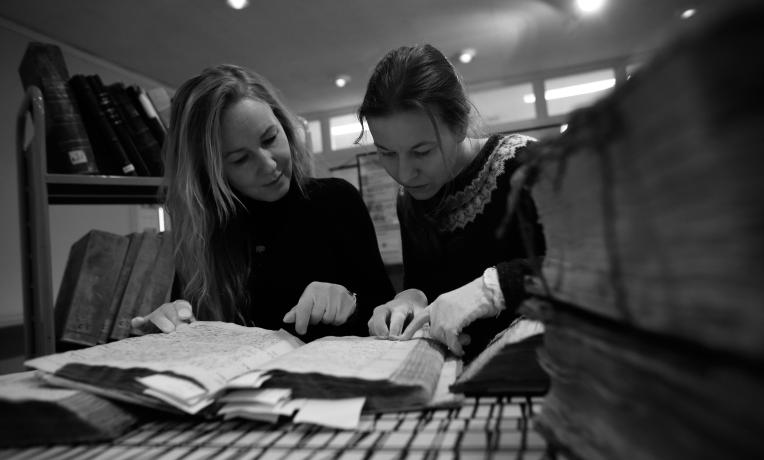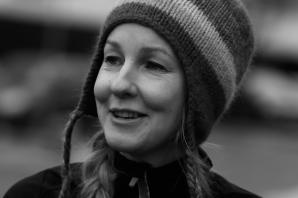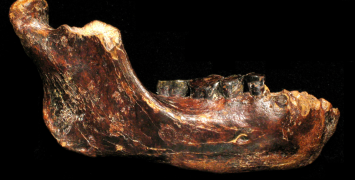Fascination for humans
Virpi Lummaa holds an Academy of Finland Professorship at the University of Turku, Finland. She is interested in ageing, lifespan and natural selection in contemporary human populations, looking at evolutionary, ecological and demographic factors. At present, Prof. Lummaa also focuses on senescence patterns of the Asian elephant, a long-lived mammal that offers unique opportunities to address ageing mechanisms. Her latest findings highlight the significant role that elephant grandmothers play to ensure the survival of the calves, providing vital baby elephant care comparable to childcare in human communities across the world.
Originally published in March 2017 as part of the multimedia campaign "ERC - 10 years – 10 portraits."

When I was a kid I really loved animals. I wanted to follow my great hero - Jane Goodall and go to study chimpanzees somewhere in Africa. But I discovered, there were no opportunities to study chimps in my university, so I ended up working on humans, which was kind of close enough. That’s how I got into biology.
What was really fascinating me about humans is the life history, particularly of women. There are two key questions there: why do we live as long as we do and reproduce as long as we do? And then second: why is there such enormous variation between different individuals on how and what age they reproduce? So, to study these questions I needed to be able to know detailed life events of lot of individuals from birth to death. I’ve started going to church archives and building pedigrees of people and studying those records.
What we discovered was that actually living beyond the menopause age was beneficial for women because the grandmothers provide really key help in the family in raising children. So, if the grandmothers continue living for long enough time, they are actually more successful in passing on their genes to the next generation. Because that way they can assist the next generation to successfully raise their children.
I’m actually a single parent of two little kids and I have a lot of dogs as well. And basically juggling the career and science, having kids, having dogs it’s not very easy. I've very recently been able to move back from UK to Finland, and it’s been fantastic because now I’m closer to my mother and she’s able to help me with raising kids and raising dogs, and being a scientist.
Getting the ERC award was really critical to actually build our own team, bringing a lot of talented people to work together. I love being back home, I like having my family back together every weekend, seeing the extended family. I believe in humans living in big social groups, so I’m glad to be reunited with my group.
Watching this video you are accepting Youtube cookies policy






